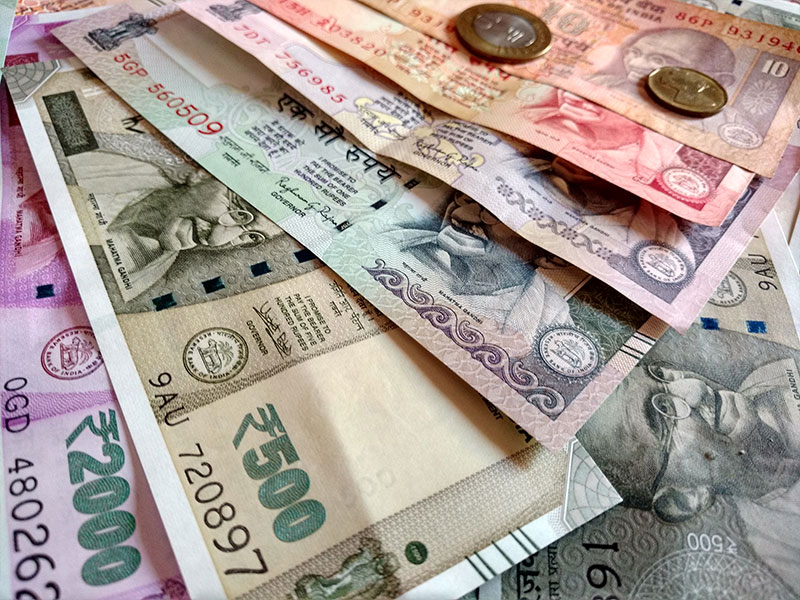The foreign exchange market, or Forex Market (FX market), is a global decentralized over-the-counter (OTC) marketplace for trading currencies. Participants in the FX market engage in buying and selling foreign currencies, determining exchange rates for global currencies. It is the largest financial market in the world, comprising a global network of financial centers that operate 24 hours a day, closing only on weekends. The market opens on Sunday at 5 PM EST and closes on Friday at 5 PM EST (which is 3:30 AM IST in India).
Currencies are always traded in pairs, such as USD/EUR and USD/INR. The relationship between these currencies is expressed by the formula:
Base Currency / Quote Currency = Value
To learn more about the Forex Market, explore: Forex Market and Interconnectedness of Global Volatility Explained.
Types of Currency Markets in India
India has five types of currency markets: Spot, Forward, Futures, Options, and Swaps.
- Spot Market: The spot market is where financial assets, including currencies, are traded for immediate delivery at real-time exchange rates. The value date is the day the trade is settled when currencies are exchanged. The spot price is the current market price, and transactions involve immediate payment and delivery.
- Forward Market: The forward market is an informal OTC market where buyers and sellers agree to exchange currencies at a predetermined price for future delivery. Forward contracts are customized to meet the needs of both parties, helping them hedge against price fluctuations.
To learn more, explore: What is a Forward Contract?
- Futures Market: The futures market is an auction market where participants trade standardized futures contracts for future delivery. These contracts, traded on centralized exchanges like the NSE, lock in the price for currency delivery at a future date. Unlike the forward market, futures contracts are regulated and standardized.
- Currency Swaps: A currency swap is a financial agreement where two parties exchange principal and interest payments in different currencies. These agreements help institutions hedge against exchange rate risks and reduce borrowing costs in foreign currencies. Currency swaps are commonly used by financial institutions, multinational corporations, and investors.
To learn more, explore: Swap Transactions in Capital and Forex Market.
- Options Market: An option is a contract giving the buyer the right, but not the obligation, to buy (call option) or sell (put option) an asset at a predetermined price within a specific time frame.
- Call Option: Grants the buyer the right to purchase an asset at a specified price within a set period.
- Put Option: Grants the seller the right to sell an asset at a specified price within a set period.
To learn more, explore: Options in Security/Forex Market.
Advantages and Disadvantages of the Forex Market
The FX market offers significant opportunities and risks for participants.
Advantages:
- Low investment requirements
- High leverage
- Easy access to global customers
- Diversification of business risk
Disadvantages:
- Exposure to political risk
- Economic risk
- Cultural risk
The Forex Market presents both opportunities and challenges, making it essential for participants to understand market dynamics and manage associated risks effectively.
Related Posts:








